Cameroon is thus taking another important step towards boosting a liberalized intra-African market with a potential of 1.3 billion consumers. By the end of 2022, Cameroon had already begun exporting under the Zlecaf regime.
Today, July 2, 2023, the Cameroonian port of Kribi is unloading a cargo of resin from Tunisia, under the African Continental Free Trade Zone regime. This import by Inoda Industries Sarl, a company specializing in the production of paint and other coating materials, is the very first under this preferential trade regime, which officially came into force at the beginning of 2021.
"The processing of the above cargo is of decisive importance, as it is part of the test phase for the implementation of the Zlecaf, of which Cameroon is a pilot country along with 6 other states," said the state-owned company managing the port. In addition to Cameroon, this pilot phase also includes Ghana, Rwanda, Kenya, Mauritius, Egypt and Tanzania.
According to PAK, the unloading of this cargo "will mark the beginning in Cameroon of the dismantling of customs tariffs on a product admitted under the Zlecaf regime". These products have been classified into 3 categories.
Category A comprises imports destined for rapid liberalization. It comprises 90.01% of tariff lines, i.e. 5,255 products that will be dismantled using a linear approach over a 10-year period, leading to zero tariffs.
Category B includes sensitive products made in Cameroon. It comprises 6.99% of tariff lines, i.e. a total of 408 products that the country will liberalize over 13 years, with a 5-year moratorium.
Category C covers the 175 products excluded from liberalization, representing 2.99% of tariff lines. This group includes crude or refined palm oil, wheat and corn flours, sugars, chewing gums, candies, pasta, fruit juices, Portland cements and glues, hair relaxers, soaps and shower gels, aluminum profiles, etc.
This scheme is perfectly in line with that agreed by African countries under the Zlecaf, which calls for the liberalization of 90% of tariff lines within 10 years for the least developed countries, and 5 years for developing countries.
The dismantling of 7% of so-called sensitive products is also planned over a period of 13 years for LDCs and 10 years for developing countries. Finally, it was decided to exclude the remaining 3% of products from the tariff dismantling process.
As early as October 2022, Cameroon embarked on the process of boosting intra-African trade with its first exports under the Zlecaf regime. Cameroon customs issued two Zlecaf certificates of origin to the agri-food companies Cameroon Tea Estate and Ndawara Tea Estate, with a view to exporting 38.6 kg of Cameroon tea to Ghana.
These two companies, controlled by billionaire Baba Danpullo, followed in the footsteps of Gic Afatex, the first Cameroonian company to export goods (dried pineapple, safflower, ginger) to Ghana at Zlecaf's preferential tariff.
Agence Ecofin


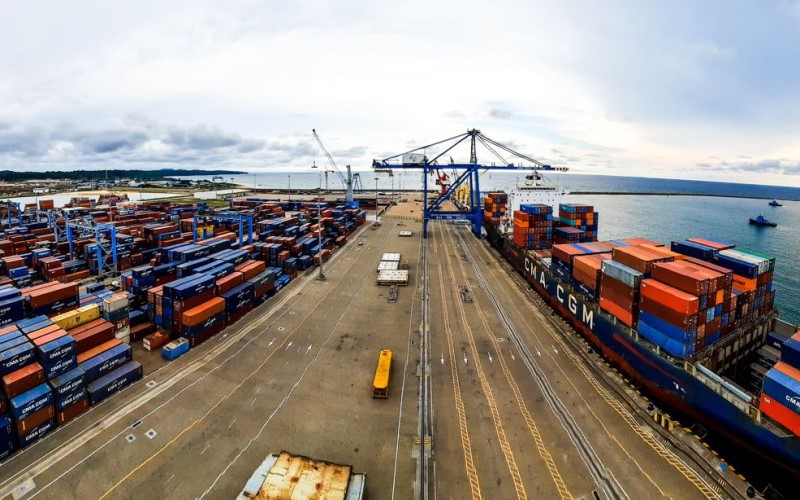


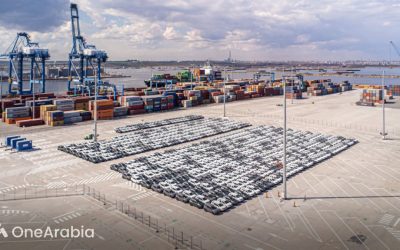


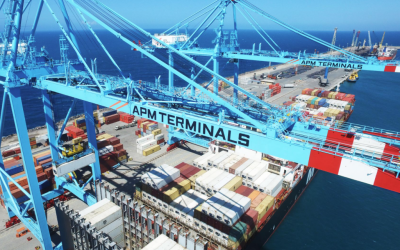
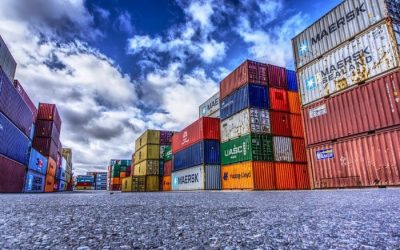

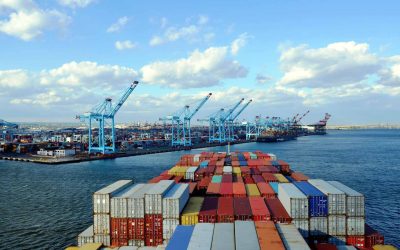



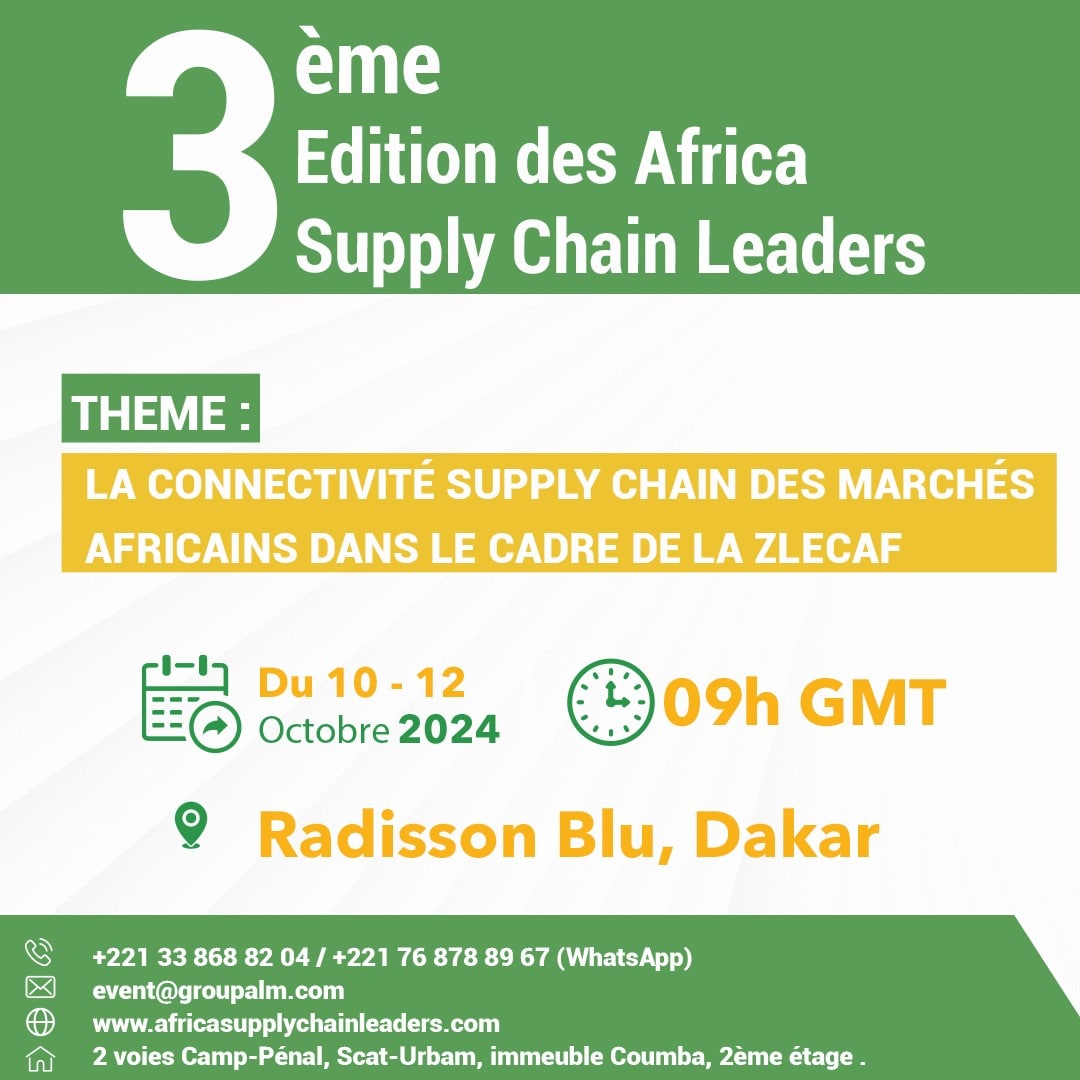
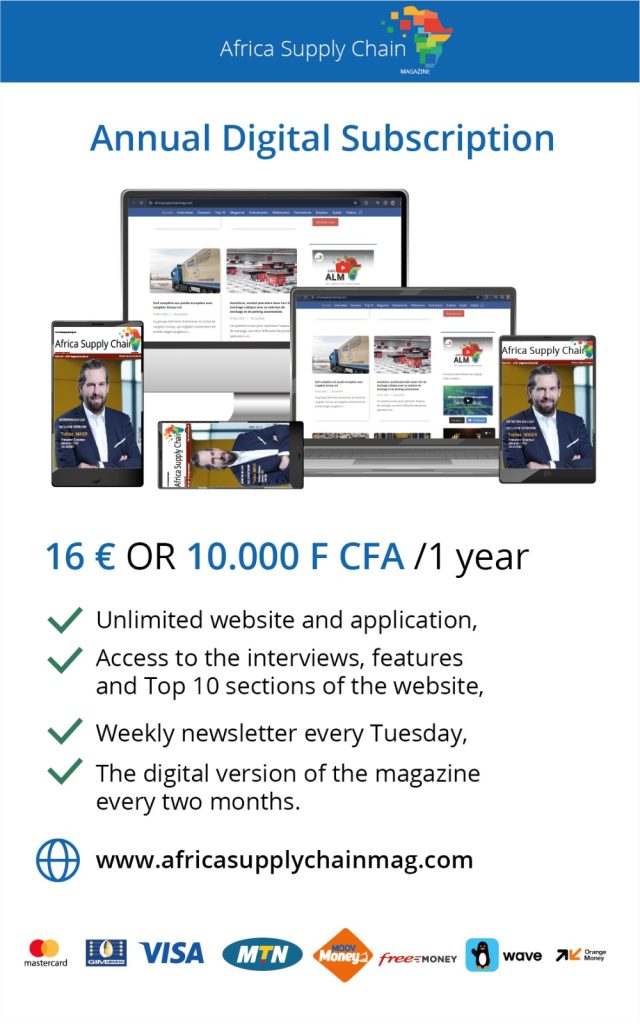


0 Comments